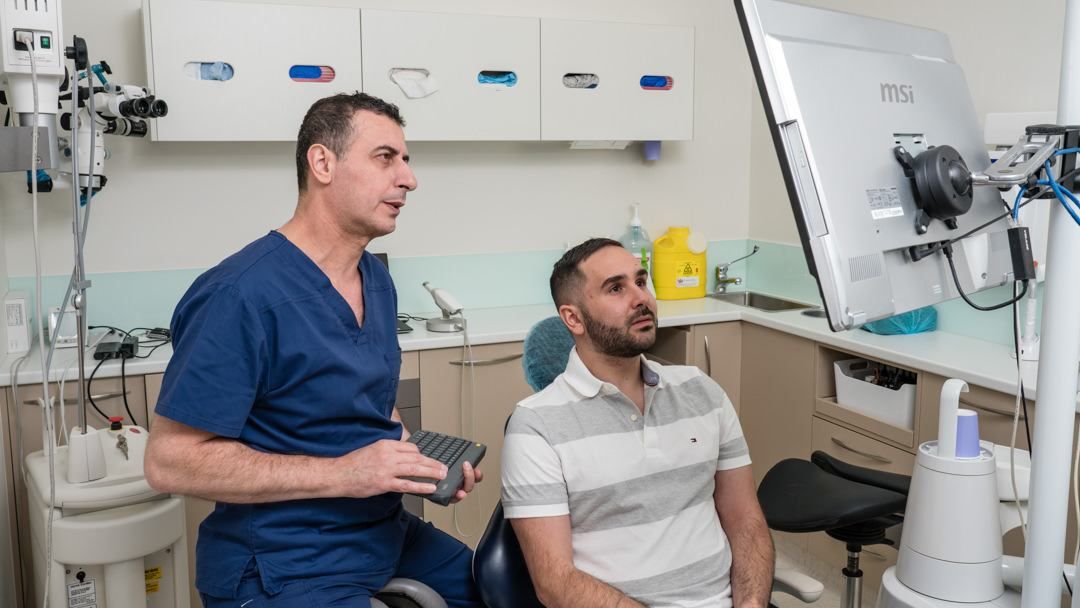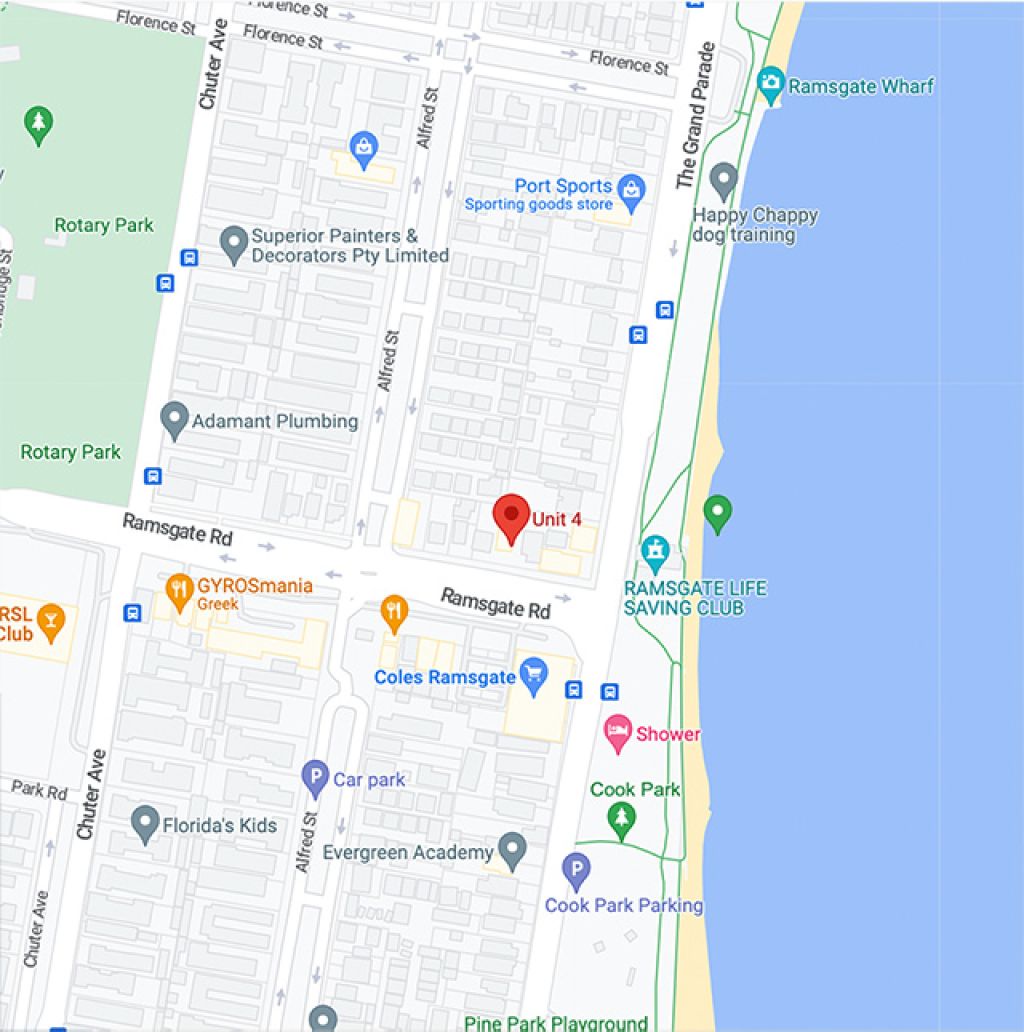
How Much Do Veneers Cost And Are They Worth It?
Did you know that the average cost of composite resin veneers is between $411 and $837 while porcelain veneers are even more? But what affects the price of veneers and why should you consider getting veneers in the first place? More than that, why are porcelain veneers especially beneficial and how much do porcelain veneers cost?
If you’re asking yourself these questions, you’re in the right place to find your answers. Keep reading and learn more about the process of getting veneers, their cost, and why they’re worth it.
What You Need to Know About Dental Veneers
Veneers are small, shell-like appliances meant to cover your real teeth and improve the appearance of your smile. Veneers come in many different shapes and shades. This is important for finding a type of veneer that fits every mouth shape, face shape, and skin tone.
Dental veneers can fix all sorts of cosmetic dental problems.
For example, veneers can hide chipped or cracked teeth, slightly crooked teeth, and discoloured teeth. They are purely cosmetic and cannot help to improve your dental function.
Veneers are the foundation of the bright white Hollywood smile.
They are perfect if you want to have white teeth but traditional whitening options aren’t working for you. Keep in mind, however, that you may not be a good fit for veneers if you are currently suffering from certain dental problems such as tooth infections, gum disease, or tooth decay.
Veneers will not solve these problems but instead only cover them up. So, if you are interested in obtaining a good smile with veneers, you will first need to make sure that your overall dental health is in good shape.
Then, you can go to your local cosmetic dentistry practice and your dentist can decide what kind of veneer options might be good for you.
Getting veneers is a relatively simple process. Most people need to visit the dentist about three times before they finally walk away with a mouthful of new veneers. The first visit is a consultation.
The Consultation
During the consultation, you can tell your dentist what kind of results you would like from your veneers. You should discuss the shade and shape of the veneers, the cost, and what to expect from the procedure, among other questions you might have. That way, you will be more educated about what veneers are and how they work and the process of getting them will be much smoother.
Your dentist will also tell you about what kind of results you can realistically achieve. The second visit will consist of your dentist examining your teeth and taking some dental X-rays. This is vital for crafting the veneers so that they will fit your teeth as closely as possible.
Your dentist will also take some impressions of your teeth. Then, your dentist will send this information off to a lab where specialists will create veneers made especially for your teeth. There are some cases in which your dentist can make the veneers right in the dental office with a special machine.
Once the veneers are made and ready for use, it will be time for your dentist to apply them.
The Process of Applying Veneers
When the veneers are ready, your dentist will first prepare your teeth by grinding them down with a special tool. This may sound painful, but it isn’t as unpleasant as you might think. Your dentist will inject a local anaesthetic to ensure that the treatment area is numb.
As the dentist sands down your teeth, you may feel some pressure or vibrations in your teeth, but you shouldn’t feel any pain. Sanding down the teeth is necessary because it helps the veneers stick to your real teeth. It also helps the veneers stay on your teeth once your dentist applies them.
Keep in mind that getting veneers is a permanent procedure because of this sanding process. Once you get your teeth sanded down, they will be very vulnerable without the veneers. So, if your veneers ever start to chip or break down in the future, it is important to replace them as soon as possible or your real teeth might start to become damaged.
Keep in mind that your dentist will only sand the teeth at the front of your mouth and apply the veneers to these teeth only. This is because the front teeth are the only teeth that people will see when you smile. For that reason, there is no point in applying the veneers to the teeth at the back of your mouth, especially since veneers do not provide any additional functionality to your teeth.
The Application
There are some no-prep veneers which do not require sanding down your teeth, but these veneers typically do not last as long because they do not have such a firm hold on your real teeth. Once your dentist is done sanding down your teeth, he will carefully apply a veneer to each of your teeth.
This is a very careful process because it is important for every veneer to be straight and positioned in the right way. Otherwise, the result could look unnatural or unattractive. Your dentist will apply the veneers using a special adhesive which is actually a type of dental cement.
It will take some time for the cement to harden to your tooth, but once it does, your veneers will be finished and your new smile will be ready to go. The length of the procedure will vary according to how far along in the procedure you are. For example, your first visit (the consultation) will only take a few minutes.
On the other hand, your last visit when you actually get the veneers can take around an hour or so. It might take some getting used to your veneers at first, so don’t be alarmed if you find them uncomfortable in the beginning. Eventually, your real teeth will become accustomed to the veneers and they will start to feel much more comfortable.
The Porcelain Veneers Cost
There are two main types of veneers that you can choose from: porcelain veneers and composite resin veneers. They are both quite popular but for different reasons. However, many people tend to prefer porcelain veneers as long as they can afford them because porcelain veneers have many benefits that composite resin veneers do not.
For example, porcelain veneers are very durable. This is because porcelain as a material is quite dense and strong. For that reason, it makes sense why veneers made out of porcelain are so popular.
It is very unlikely that your porcelain veneers will ever chip or crack while eating or talking. These veneers tend to have very long lifespans. Usually, they last around 10 years, but if you take very good care of them, they could easily last a full 20 years.
This is not to mention that porcelain veneers are very realistic in appearance. They have a similar shine and tone as real tooth enamel. For that reason, people won’t even know that you have veneers; they’ll just think that you have very nice teeth.
Your dentist also will not need to remove as much of your real tooth enamel to apply these veneers. This is important for your dental health because it means that your teeth will not be rendered as vulnerable. Porcelain veneers do a good job of protecting your teeth in general.
Because of the way they stick to the surface of your teeth, these veneers can protect against tooth discolouration and a few other dental issues. Of course, this doesn’t mean that veneers make your real teeth invincible and porcelain veneers themselves are not invisible either. You can only reap the benefits of these veneers as long as you take care of them.
The Details
For example, you should avoid chewing on hard substances such as ice or peanuts which may eventually damage your veneers, especially as they get older. The only downside of porcelain veneers is the cost. When you get porcelain veneers, you can expect to pay between $1,000 and $2,000 per tooth, although it can be more in some cases.
This may sound like an outrageous amount to pay for veneers, especially if you want to get veneers for all of your teeth. While the cost is a lot upfront, you will find that it will be worth it in the long run. As mentioned before, porcelain veneers are very durable and they can easily last 10 or 20 years before sustaining damage or needing to be replaced.
For that reason, you can think of the cost of veneers as a sort of investment for the future. If you don’t need to get new veneers for at least 20 years, then the amount you spend on them right off the bat won’t actually be all that bad. You also don’t have to get all of the veneers all at once.
You might decide to get veneers on your top row of teeth and then get them for the bottom row later on.
The Cost of Composite Resin Veneers
Composite resin veneers, like porcelain veneers, are also quite popular, but there are some ways in which composite resin can’t compare with porcelain. For one, composite resin is overall a weaker material than porcelain. This is because composite resin veneers do not always come in whole pieces but rather your dentist applies layers of composite resin on top of each other.
These layers cure and harden and then become the finished product. This is one of the reasons why composite resin is not as durable. The other reason is that composite resin as a material is not as dense or strong as porcelain because it is a mixture of plastic and glass powder.
For that reason, composite resin veneers have significantly shorter lifespans, usually around 5 years, but there are cases in which they can last 10 years. On the bright side, composite resin makes for a very realistic type of veneer and it looks quite similar to real tooth enamel.
The shine and tone of composite resin are very tooth-like and most people will never be able to tell that you have these veneers in the first place. The price of these veneers is also another bright side to look forward to. In general, composite resin veneers are much cheaper than porcelain veneers.
What You Need to Know
In general, you can expect to pay between $411 and $837 per veneer per tooth, as mentioned at the beginning of this article. However, there are cases in which composite veneers can be as much as $1,500, but this is not common. Even if you’re getting a mouthful of veneers, the total price would not be anywhere near as bad as the cost for porcelain veneers.
However, keep in mind that the price you pay for composite veneers is not a long-term investment as the cost of porcelain veneers is. As mentioned before, composite resin veneers do not last very long. After a few years, they will start to chip and crack and need to be replaced which will cost you more money over time.
So, in the long run, you’ll actually end up saving money by paying for porcelain veneers instead of composite resin.
All About Dental Veneers
Dental veneers can be the perfect solution if you want to improve your smile. However, you will need to think about the porcelain veneers cost along with the cost of composite resin veneers and consider how these two types compare. While composite resin is cheaper, it is not all that durable.
On the other hand, while porcelain is very expensive, it is also very durable and can last decades. To learn more about veneers, contact us here.



